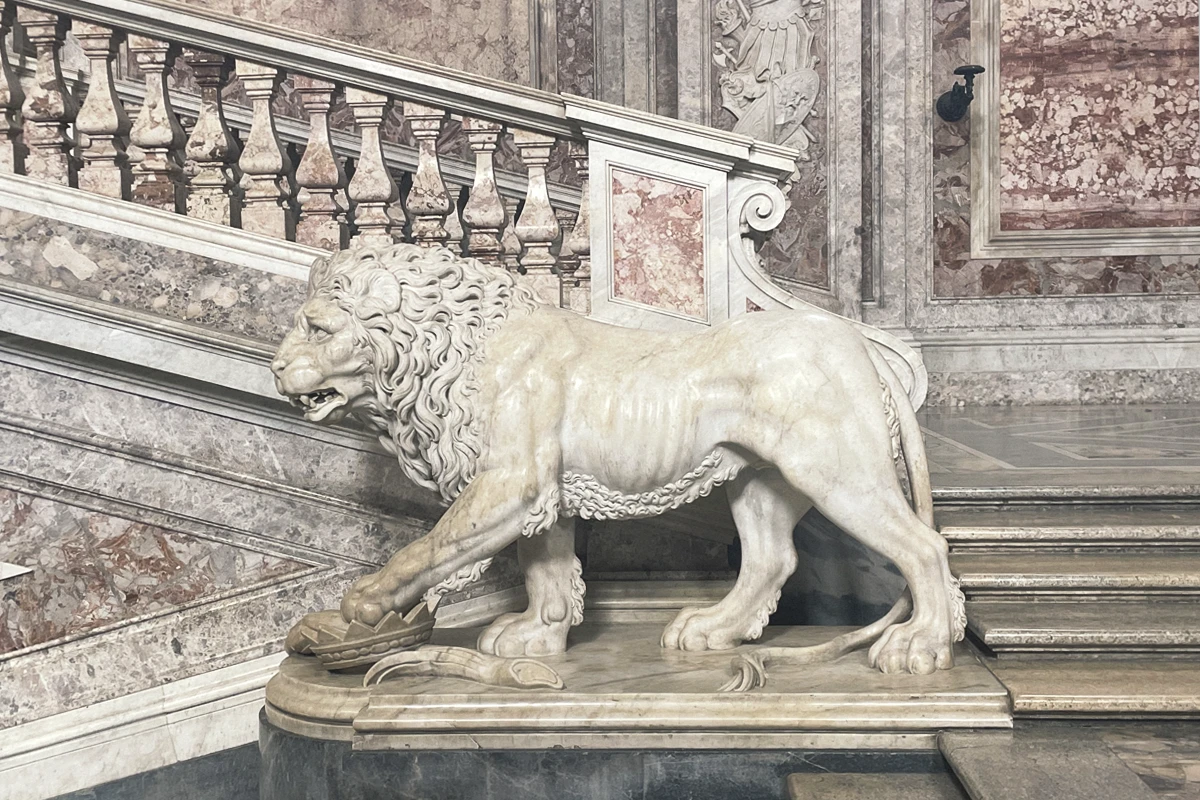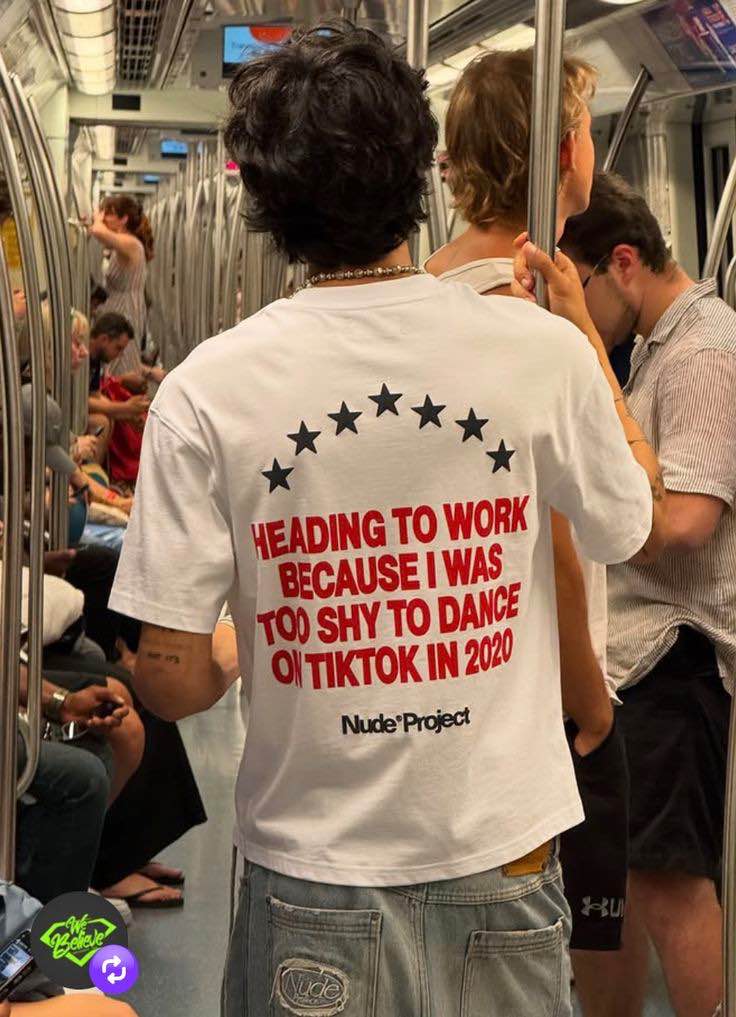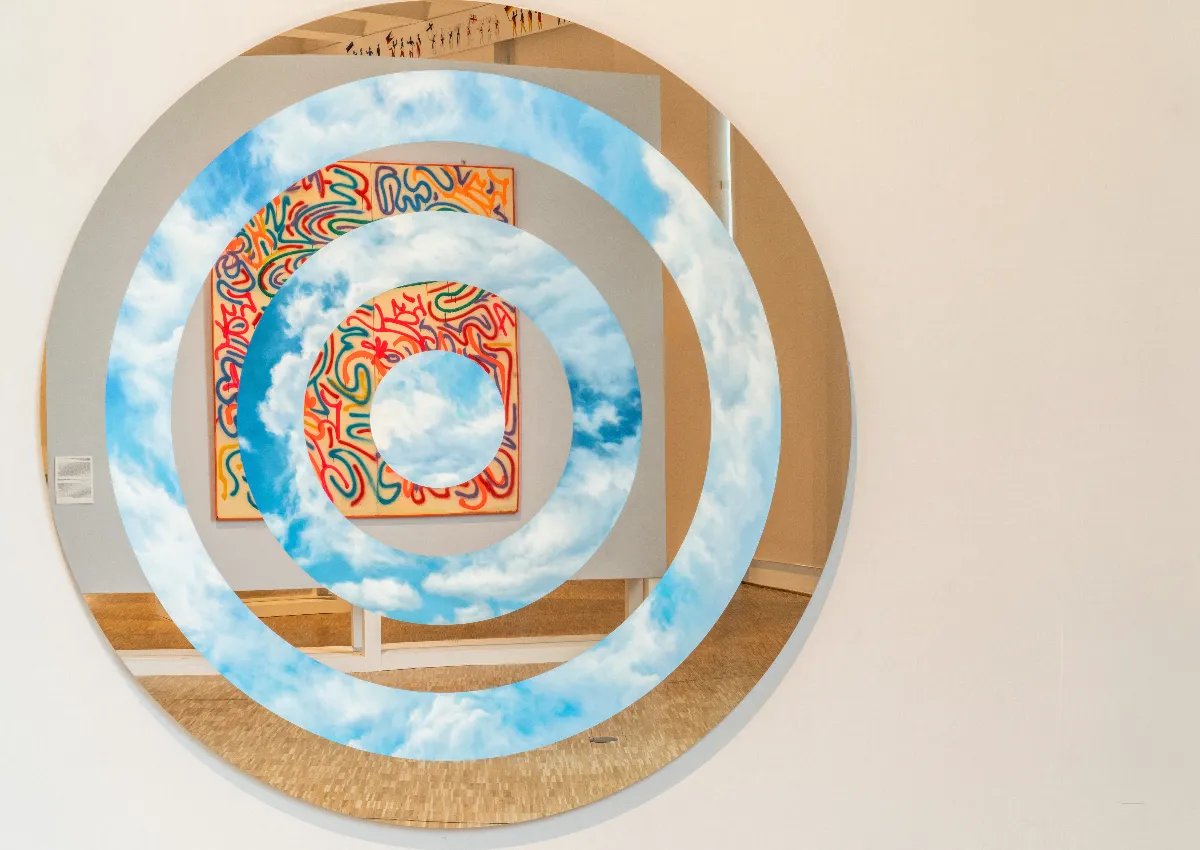
Brunello Cucinelli: “I was a farmer, I was poor, I was crazy in love with the sky”
Ethical entrepreneurship: in Naples, the honorary conferment of a research doctorate in Made in Italy to Brunello Cucinelli – a case of human sustainability and a question about the future
Brunello Cucinelli at the University of Campania: Honorary Doctorate
Just steps away from the Royal Palace of Caserta—Vanvitelli’s masterpiece—the University of Campania has awarded an honorary research doctorate in Architecture. More precisely, the research field is dedicated to Made in Italy design, identity, innovation, and sustainability. Brunello Cucinelli speaks with a voice that blends into his breathing; his words seem almost sighed out. When he talks, he evokes a sense of intimacy—it almost feels legitimate to call him by his first name, Brunello, a man whose company has surpassed one billion euros in revenue and employs more than two thousand people worldwide. A company that began in 1978 with the idea of selling colored cashmere sweaters. In 2024, the financial data shows profit margins growing at a rate of 12 percent.
Brunello Cucinelli was born into a family of farmers in a farmhouse in Castel Rigone. There was no electricity; rainwater had to be collected. “They used to say we were poor, but I didn’t see it that way. We dressed normally, ate normally. We looked at the stars because we didn’t have electricity. As soon as the sun set, the beautiful star rose—us farmers called it that, the brightest star. I was a kid, and I was in love with the sky.”
The crisis in Florence, Francesco and Benedetto: Sustainability
Sustainability has always been both a need and a recommendation throughout history, not just today.
Sustainability can be understood as the design of living environments that foster the physical and psychological well-being of communities—not just individual persons—who inhabit these spaces. It is an intellectual honesty: an awareness of being part of a system that cannot be wholly revolutionized but that can be modified step by step.
Culture and tradition, Renaissance and craftsmanship. April 15 is Leonardo da Vinci’s birthday. Medici-era Florence stands at the center of so much inspiration at a time when negative data is being released on Florentine manufacturing: we’re at the seventh consecutive quarter of negative figures for the entire Tuscan manufacturing sector, according to analyses by the Chamber of Commerce’s research office.
“Francesco and Benedetto—when I was a young man, I entrusted my soul to them. I wanted to become a priest; then I wanted to be a part-time monk. Saint Benedict encouraged nurturing the soul through study, through the abbot; he recommended being both strict and gentle. Thomas of Celano wrote of Saint Francis: he was slow to anger, the saintliest among saints, among sinners one of us. This is the culture in which I grew up. My responsibility was to pull the cows—my father used to tell me the furrows had to be straight. I asked why straight—he answered, ‘Because they’re more beautiful that way.’ I thought maybe God was a surveyor, too. The idea of being a surveyor came from those furrows I had to keep straight.”
Young people and studying: “Be madly in love”
Tradition can lead to an error in conversations among fathers: “If you don’t study, then go work.” As if to say that studying elevates you and working demeans you. The essence should be understandable: we study in order to work—but work must never be diminished; it can never be a stain on dignity. That phrase could create a sense of fear in children instead of hope. “Young people—you must study, but you must study the right amount. The university is the salt of the earth—but you have to study the right amount. There is the intelligence of study and the intelligence of the soul. Saint Francis was a genius in human relations. If you miss a day of school, oh well, but don’t miss a day of love.”
“I was studying to be a surveyor at a technical institute—I went to the local bar, my real school. I’d listen to the kids who went to high school talking about Kant. I got a book. ‘Humanity should be the noble end, not a means,’ Kant wrote. I enrolled in engineering, but I didn’t go beyond my third year. I never graduated; in front of you rectors, this is the first oral exam I’ve ever been allowed to take.”
“People say, ‘Young people have no values; they won’t guarantee our future.’ They’ve been saying that about young people since Babylon. In 1350, Boccaccio said: ‘These young people love luxury, they mock authority; they won’t be able to maintain our culture.’ Enough of that. Young people must go back to investing in great ideals—family, politics, religion. Artificial intelligence should be seen as a citadel we must coexist with. The NVIDIA CEO, in a video, was with his robot named Blue—at one point, he tells it to be quiet, and the robot lowers its eyes like it’s sad.”
Made in Italy—Italian manufacturing and the Genius Loci—hope in hemp
What does the adjective Italian imply when it refers to a product? Why does the world associate something described as Italian with well-made? We were in the 1950s: an exhibition was titled Italy at Work: Her Renaissance in Design Today (1950–1953). Manufacturers developed crafts in local districts formed over centuries. Solidity, utility, and grace—these Vitruvian words are repeated by Cucinelli to describe Italy’s heritage: in so much history, without modern means of communication and sharing, the Italian territory provided its people with so much beauty as to shape their talents and manual skills.
The future isn’t entirely ours, but at least partly so—maybe largely so. These well-deserved celebrations, in light of a lifetime of achievements, could be devoted not just to compliments but also to the pursuit of new prototypes. A Made and Sourced in Italy might be the only pragmatic manifesto for an ethical entrepreneurship that could become the new engine of Italy. We hope that Brunello Cucinelli can help us ask more radical questions. Made in Italy needs Italian raw materials. Cashmere comes from Asian territories, near the Indian subcontinent—an area that, due to the high (perhaps too high) global demand for cashmere fiber, is being depleted. All of globalization is under scrutiny.
What does Made in Italy mean today if so many—too many—raw materials for Made in Italy products are still imported? There is one single vegetable textile fiber that can be grown in Italy from North to South: hemp. Hemp is the only fiber that can truly be called sustainable for the textile industry. It’s the only plant-based textile fiber that can be cultivated throughout Italy.
The Genius Loci. “Live according to nature, follow nature,” says Brunello Cucinelli. May the revision of this lecture in Naples serve as a prayer for his attention to restoring the hemp supply chain in Italy. A man like Cucinelli could bring a turning point, as he recounts how Palladio once worked as a stonemason at age fourteen. “They ask Palladio what he thinks of other architects of his time—he answers courteously: ‘They use new construction techniques, but they lack familiarity.’” Familiarity means Genius Loci, it means caring for what we have at home.
Ethical entrepreneurship: Brunello Cucinelli, Adriano Olivetti, Luisa Spagnoli
Renaissance figure Leon Battista Alberti wrote that the city is like a house, and the house is like a small city. If a house is meant for hospitality and rest, so too is a city—a place of efficiency and shelter. The goals set by the 2030 Agenda, unanimously adopted in 2015, will not be achieved. The planet’s and people’s well-being, and the eradication of poverty, still sound like utopias.
Ethical entrepreneurship: in the conferment speech for Cucinelli, a few historical references were mentioned. Between 1932 and 1960, Adriano Olivetti led the typewriter company to success. That business had been founded in 1908 and made the Olivetti brand synonymous with innovation, by placing people at the center of the factory. The factory for the individual, not the individual for the factory. Profit and solidarity, the individual and the community. Architects and urban planners worked on a community with bright, well-lit factories, housing for workers, and amenities like childcare centers.
Luisa Spagnoli was born in Perugia in 1877. Today, her name is linked to a clothing brand—one that remains consistent in its definition of apparel and does not aspire to be considered fashion. Luisa Spagnoli’s idea was to weave angora yarn, shearing local farmers’ rabbits to obtain the fiber. Long before her clothing company, Luisa Spagnoli had founded a chocolate factory—Perugina, known for its Baci chocolates and the love notes hidden inside the wrappers. The factory was staffed almost entirely by women and was a visionary enterprise that set up daycare facilities near its workshops, giving mothers not just dignity but pride.
“Sustainability of the climate, human sustainability. Cultural sustainability—what does a company do for its territory? Spiritual sustainability—if you offend me at work, my creativity suffers. We shouldn’t always be connected—after 5:30 p.m., no emails should be sent, because we have to take care of our souls, as Benedict said. Moral sustainability—I want to be a good Italian: the company should help build Italy for the next two hundred years.”
“My father was humiliated and offended at work. I wanted to work for dignity, for fair profit with dignity—I did it together with Massimo de Vico Fallani. Without causing harm, or causing as little harm as possible. The best salary for employees, who should be considered thinking souls, so they don’t come to work with a wounded spirit. We wanted to lighten that wounded spirit—Manzoni said we feel a bit ashamed of our soul’s malaise.”
Brunello Cucinelli, an honorable merchant—he likes to define himself this way. When he told his father, “I want to make cashmere pullovers,” his father Umberto, who understood neither of those two words, responded worriedly: “Just remember to be a decent person.”











